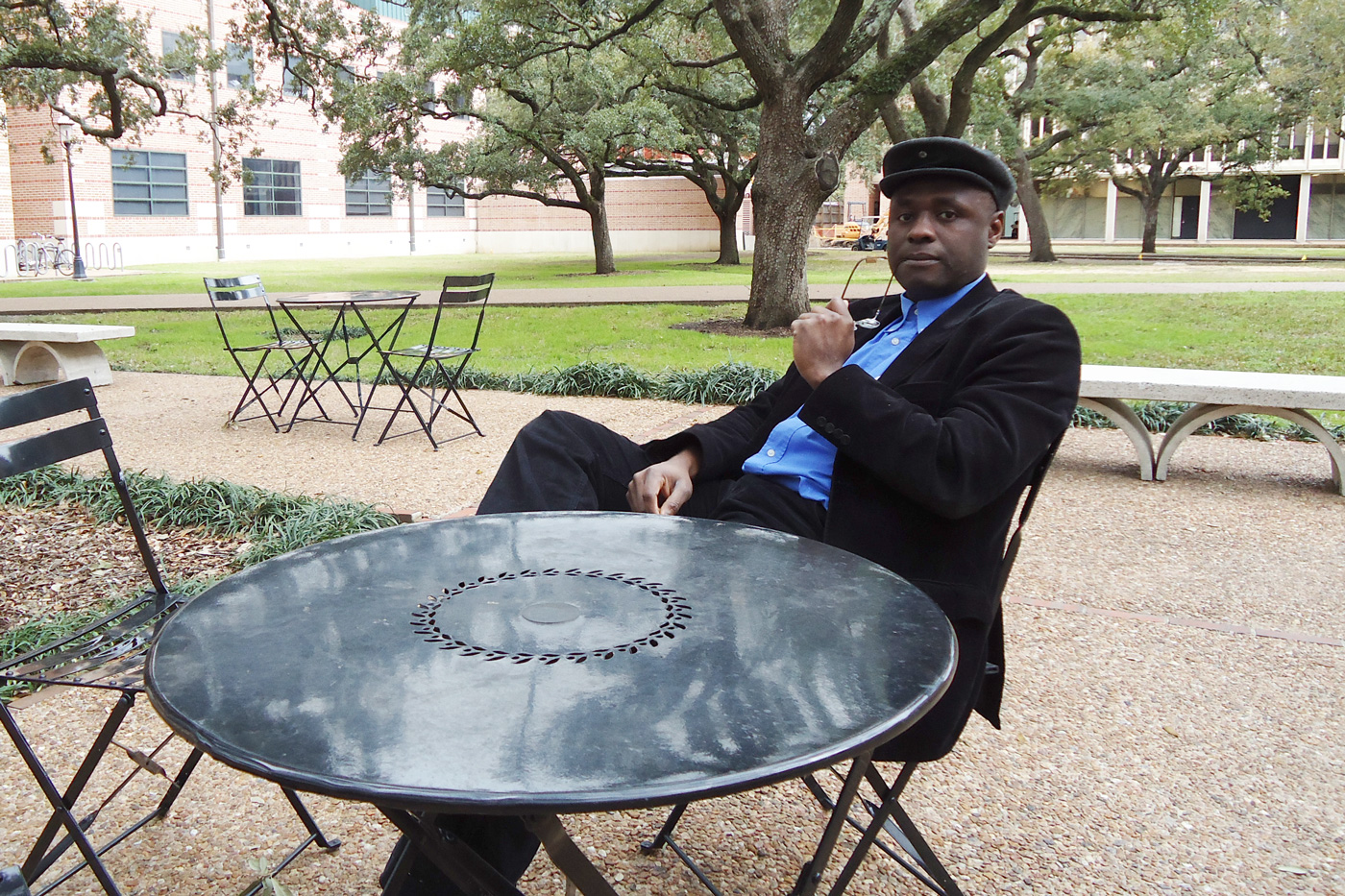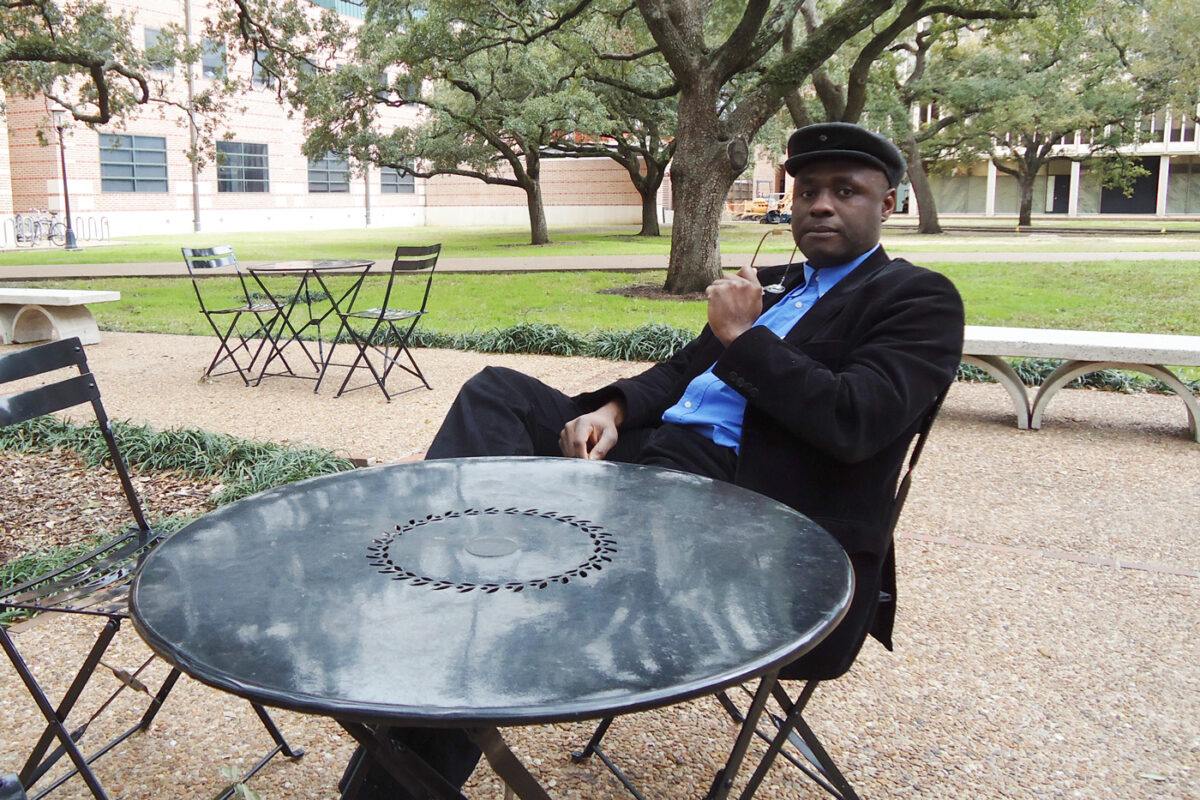
Episode Abstract
Professor Nguendo-Yongsi is an Urban Health Influencer. His work in Africa has made strong theoretical and methodological contributions, addressing environmental hazards and deficiencies in health service provision. He sees this experience as being critical to creating opportunities for trans-disciplinary research in urban health in Africa and beyond.
Professor Nguendo-Yongsi seeks to influence policy in urban health and to improve the wellbeing of urban populations through education and research. His vision is to urban health thinkers, planners, scholars, and influencers across sectors around the world to foster partnerships for improving the health of urban populations, especially in the Global South. Expanding, connecting, and engaging are three key activities that he sees as critical actions that must occur at the local level along with focused engagement of multisectoral partners. He sees two important priorities: (1) education and (2) research. For people to be in good health they need first to be educated and without reliable research we cannot have information about how best to influence social determinants. We must encourage health governance and provide training in urban health as ways to engage diverse stakeholders.
Guest Bio
H.Blaise Nguendo-Yongsi specializes in Urban Health, Environmental Health, Vulnerable Populations, Communicable and Non-communicable diseases. Much of his work is guided by socio-spatial disparities in patterns of diseases, as he explores social and physical health determinants as the main risks factors of diseases in developing societies. He has led several projects on population, environment and health. His work in Africa has made strong theoretical and methodological contributions, addressing environmental hazards and deficiencies in health service provision.
Pr. Nguendo-Yongsi has long been involved with the ICSU global interdisciplinary programme on “Health and Wellbeing in the Changing Urban Environment- a Systems Analysis Approach”—a programme co-sponsored by UNU and the Inter-academy Panel (IAP) and hosted at the Chinese Academy of Sciences Institute for Urban Environment in Xiamen, China.
He strives to promote a coordinated approach to engagement with other scientific and societal communities in sub-Saharan Africa to identify innovative thinking and strategies to address complex population health and broader societal challenges. He is founding Editor of The International Journal for advanced Studies and research in Africa (IJASRA), a multidisciplinary peer reviewed journal which aims at reducing technological and financial barriers to knowledge diffusion and acquisition by providing a free platform and open access publications for African researchers who may not otherwise have sufficient resources on their own.
He received his Bachelor in Education at Laurentian University (Canada) and his Master's degree and PhD in Health Geography from the University of Paris X (France). After completing a Post-Doctoral program both in Geography and Social Medicine at the University of Montreal, he kicked off his career first as Professional Researcher at the Geriatric Research Center (University of Montreal), then as Senior Lecturer in Epidemiology at the University of Chicoutimi (Quebec-Canada). He is currently Professor of Public Health at the Institute for Training & Research in population Studies (IFORD - University of Yaoundé II-Cameroon), and Associate Professor of Epidemiology & Biostatistics at the School of Health Sciences-Central Africa Catholic University.
Professor Nguendo-Yongsi has specialized in Urban health, Environmental health, Vulnerable Populations, Communicable and Non-communicable diseases. Indeed, much of his works are guided by socio-spatial disparities patterns of diseases, however he explores social and physical health determinants as being the main risks factors of diseases in developing societies. He has led several projects on population, environment and health. His work in Africa has made strong theoretical and methodological contributions, addressing environmental hazards and deficiencies in health service provision. He has published extensively on these areas and has to his credit 9 books, 22 books chapters, and 62 research papers published in journals with high impact factor (International Journal of Environmental Research and Public Health, American Journal of Biochemistry and Molecular Biology, Archives of Medical Research, Natures-Sciences-Société, International Neuropsychiatric Disease Journal).
Pr. Nguendo-Yongsi has long been involved with the ICSU global interdisciplinary programme on “Health and Wellbeing in the Changing Urban Environment- a Systems Analysis Approach”—a programme co-sponsored by UNU and the Inter-academy Panel (IAP) and hosted at the Chinese Academy of Sciences Institute for Urban Environment in Xiamen, China. He is also involved with the International Society for Urban Health, the unique global organization committed to facilitating critical thinking and innovative action on urban health, and exclusively focused on advancing urban health by addressing its broader determinants.
He strives to promote a coordinated approach to engagement with other scientific and societal communities in sub-Saharan Africa to identify innovative thinking and strategies to address complex population health and broader societal challenges. He is founding Editor of The International Journal for advanced Studies and research in Africa (IJASRA), a multidisciplinary peer reviewed journal which aims at reducing technological and financial barriers to knowledge diffusion and acquisition by providing a free platform and open access publications for African researchers who may not otherwise have sufficient resources on their own.

